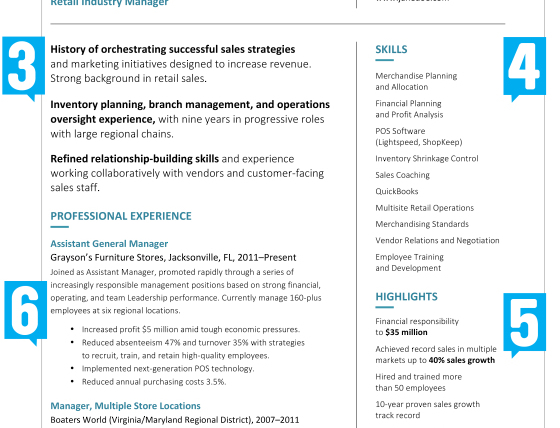
You are finally in your last semester of school, or just recently walked across that stage with a diploma in hand, and are thinking about your next career move post-college. One of the first questions your friends and family members are asking is what your plans are for the future. Are you going to graduate school? Jumping into the real world to get work experience? This isn’t a one-answer-fits-all situation. Your field, financial background and career goals all play a role in deciding what to do after you graduate.
Career strategist and author, Rick Gillis, and Pace University Career Services Counselor, Nicole Catalfamo, weighed in on what you need to consider before choosing between graduate school and experience.
1. Consider your field
There are hundreds of different college majors and minors in universities across the country. Rick Gillis, author of “Job Search Optimized” is in a field of his own, a combination of entrepreneurship and consulting. Gillis himself recently decided to start a master’s program, although he says he doesn’t necessarily need one to advance his career. “I’m going to start this master’s program because I want to, I work for myself and I don’t really need it,” he says. “I think there are some fields where if you don’t have those advanced degrees you aren’t going anywhere.” Gillis mentions that a master’s degree would have complemented his business degree. Other fields like medicine and teaching are almost directly linked with advanced degrees.
When considering your industry while making this decision, ask people working in your field, including alumni and even your internship supervisor, about their experience. Ashely Kuinlan, a senior at Penn State University, recommends shadowing graduate students. “After shadowing grad students, I realized that being a grad student was not what I thought it was,” she says. “With the climate of society and the world right now I feel as if law school would be the best way to utilize my skills.”
2. Consider your financials
It’s all about the money. In many ways, money is the major factor that is troubling students considering a graduate degree. Will it be worth the cost? College debt is real and adding to it with another degree shouldn’t be taken lightly, according to Gillis. “It really comes down to financials,” he says. “You need to take into account any outstanding debt.” Fields with entry level jobs that start with lower salaries may not increase much with the addition of a graduate degree.
Cataflamo thinks students need to ask themselves if an advanced degree will allow them to make more money at any point in their career. “The answer isn’t always yes,” she says. “You want to consider the return on investment.” If you don’t have the cash right out of school, you could postpone your second degree. There isn’t a time limit on how long you have to wait before going back to school and waiting may help you save up.
3. Consider your career goals
Most people who have ever been in an interview have been asked, “Where do you see yourself in five years?” The answer to this could help determine whether you should be going to school for a graduate degree or going into the “real world” for some work experience.
Not every industry values a graduate degree in the same way. Knowledge from on-the-job training and knowledge from classes aren’t always equal. A master’s degree is specialized and focuses on a specific area, which is why Catalfamo suggests students take the time to get real world experience. “I want to make sure the student knows exactly what field they are getting into and what exactly the master’s program provides,” she says. For students in medicine, for example, their path is somewhat set in stone. You can’t legally practice medicine without an advanced degree.
4. Consider your timing
Going to graduate school not only takes money, it also takes time. It is possible to go to graduate school and work at the same time. This best of both worlds practice is more common than not. Stephanie Trupel, a student at Pace University, is currently working full-time and taking classes part-time for her undergraduate degree. She is considering doing the same thing for her graduate degree in the future. “I want to take some time off after my undergrad in May and get more work experience before graduate school,” she says. “I would consider working while getting my second degree.” If you can pull this off, you would be getting the best of both worlds, experience and a higher degree.
Deciding what to do after college can be stressful. No matter what you choose, know that what you put into something, whether that be work experience or another degree, is what you make of it and how you use it. There isn’t one set path for every career, but the fact that you’re thinking ahead makes you one step closer to your dream job.





